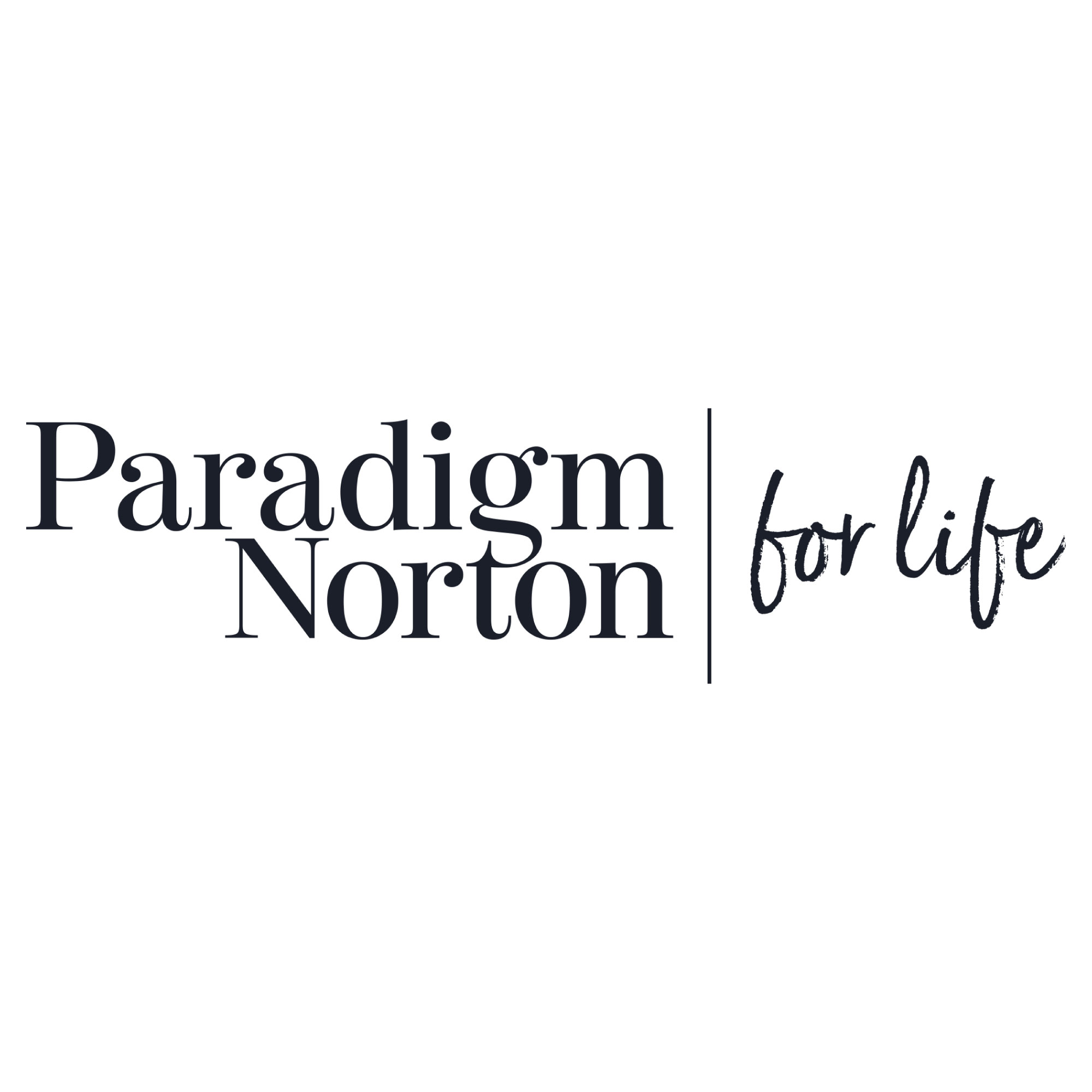

Paradigm Norton Financial Planning Ltd

North Somerset, United Kingdom
September 2019
Investment advising
Service with Minor Environmental Footprint
United Kingdom
Paradigm Norton Financial Planning, an employee owned firm, was established in 2001 with a clear purpose: “To impact the lives of their clients, for the better, for ever”. They are a firm that’s committed to a broader set of stakeholder values, where their priorities are their clients, their team, their community and the environment. Paradigm Norton Financial Planning's Certified and Chartered Financial Planners work with clients to create a financial plan that joins together their life, their money and their values. In their experience these elements are rarely linked and financial decisions should always be made with reference to the achievement of these broader life goals and ambitions. At the heart of what they do is their four core values. In March 2019, they became an employee-owned business allowing them to retain their values based financial planning service for decades to come. In September they were awarded the B Corp Certification, making Paradigm the 228th UK company to be awarded the B Corporation certification, and the 21st financial services firm. One of the other ways they live their values is through their charitable foundation - The Paradigm Norton Trust. Because they truly believe that money matters, but life matters more.
Overall B Impact Score
Governance 19.1
Governance evaluates a company's overall mission, engagement around its social/environmental impact, ethics, and transparency. This section also evaluates the ability of a company to protect their mission and formally consider stakeholders in decision making through their corporate structure (e.g. benefit corporation) or corporate governing documents.
What is this? A company with an Impact Business Model is intentionally designed to create a specific positive outcome for one of its stakeholders - such as workers, community, environment, or customers.
Workers 71.1
Workers evaluates a company’s contributions to its employees’ financial security, health & safety, wellness, career development, and engagement & satisfaction. In addition, this section recognizes business models designed to benefit workers, such as companies that are at least 40% owned by non-executive employees and those that have workforce development programs to support individuals with barriers to employment.
What is this? A company with an Impact Business Model is intentionally designed to create a specific positive outcome for one of its stakeholders - such as workers, community, environment, or customers.
Community 18.8
Community evaluates a company’s engagement with and impact on the communities in which it operates, hires from, and sources from. Topics include diversity, equity & inclusion, economic impact, civic engagement, charitable giving, and supply chain management. In addition, this section recognizes business models that are designed to address specific community-oriented problems, such as poverty alleviation through fair trade sourcing or distribution via microenterprises, producer cooperative models, locally focused economic development, and formal charitable giving commitments.
Environment 11.6
Environment evaluates a company’s overall environmental management practices as well as its impact on the air, climate, water, land, and biodiversity. This includes the direct impact of a company’s operations and, when applicable its supply chain and distribution channels. This section also recognizes companies with environmentally innovative production processes and those that sell products or services that have a positive environmental impact. Some examples might include products and services that create renewable energy, reduce consumption or waste, conserve land or wildlife, provide less toxic alternatives to the market, or educate people about environmental problems.
Customers 26.0
Customers evaluates a company’s stewardship of its customers through the quality of its products and services, ethical marketing, data privacy and security, and feedback channels. In addition, this section recognizes products or services that are designed to address a particular social problem for or through its customers, such as health or educational products, arts & media products, serving underserved customers/clients, and services that improve the social impact of other businesses or organizations.
What is this? A company with an Impact Business Model is intentionally designed to create a specific positive outcome for one of its stakeholders - such as workers, community, environment, or customers.